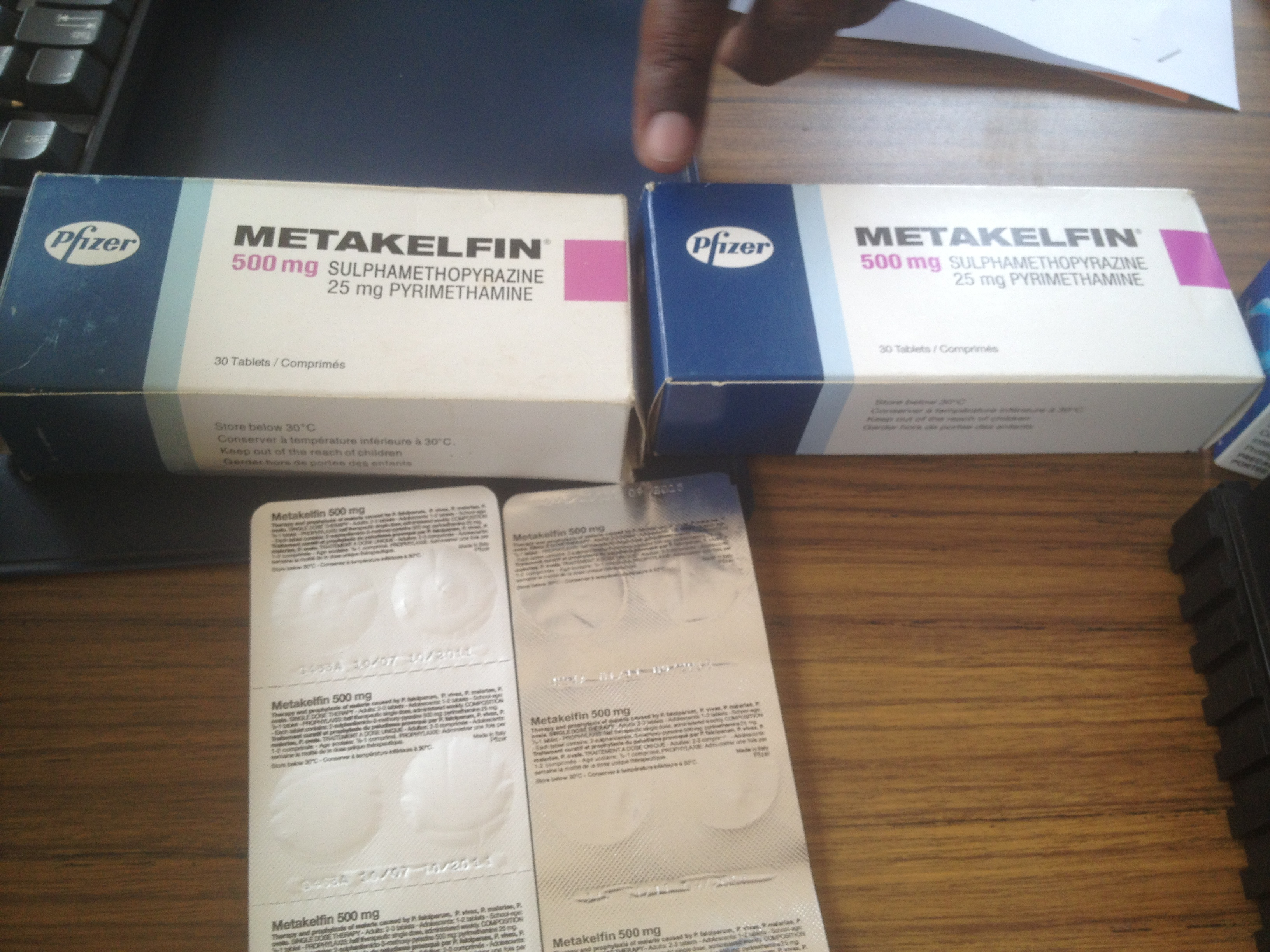
International health experts are warning of a mounting health crisis in parts of Africa because of an influx of counterfeit medicine from Asia that is playing havoc with the treatment of diseases such as malaria. Porous borders in Africa coupled with indifferent oversight in China are combining to turn the continent and its pressing health problems into a free-for-all for maverick manufacturers, some of whom are producing pills with no active ingredients at all.
Precise data is hard to track down because of the informal nature of African health systems. But several recent studies warn that as many as one-third of malaria drugs in Uganda and Tanzania are fake or substandard, with most believed to originate in China or India.
Apart from the lives lost, there are additional concerns about drug resistance building in east Africa, experts say. "It's a crisis any time someone dies," Nick White, who chairs the Wellcome Trust's south-east Asia major overseas programmes and the WorldWide Antimalarial Resistance Network (Wwarn). "It's a massive problem that people have simply ignored. It's not like a boil that's beginning to burst because it's been a problem for a long time. What has happened is we are beginning to recognise it more."
Laurie Garett, senior fellow for global health at the US Council on Foreign Relations, said: "Nobody has a head count – or a body count – on numbers of Africans that have died as a result. But China's role certainly has been dreadful."
David Nahamya, chief drug inspector for the Ugandan national drug authority, said: "What we are told is this, if someone wants to counterfeit a drug, they just take the package to China and they can make it in thousands. You have seen how they make it there. They can copy anything."
An increasing list of studies and surveys about fake, counterfeit and substandard drugs has emerged in recent years, but because of deeply entrenched interests from all sides – governments, NGOs and pharmaceutical companies – there has been great reluctance to call the scourge of killer medications in Africa and elsewhere a crisis.
This is despite the fact that everything from life-saving Aids medication to emergency contraception are being copied, faked and made with shoddy components on a huge scale.
Patrick Lukulay, vice president of the US Pharmacopeial Convention's global health impact programmes, said it was no secret that the majority of dangerous medications came from China and India, as those countries had the world's largest production bases for both active ingredients and finished drugs.
While India has stepped up oversight, "China is only now just catching on", he added.
Though it may seem like an immense amount of trouble to counterfeit a £3 ($4.85) packet of malaria pills, Lulukay noted that the global trade was estimated at £46bn ($74bn) a year. Counterfeiters know their markets well and target medications accordingly. Efforts to combat the activity are in their infancy.
"If you want to be efficient in fighting it, you have to have a very strong regulatory authority, very strong collaborations, very good distribution networks and good co-operation between governments," said Sabine Kopp, who manages the anti-counterfeiting and medicines quality assurance programmes at the World Health Organisation.
As yet, none of those components are in place and counterfeiters, apparently unconcerned with harming sick people in developing countries, continue making huge profits.
It is a loss to global aid organisations, as well, said Dr Nick White. "Think of the hundreds of millions, if not billions, you spend on pills to help people in poor countries," he said. "It's bonkers not to make sure they're authentic and instead people are ending up with shoddy pills from China."

